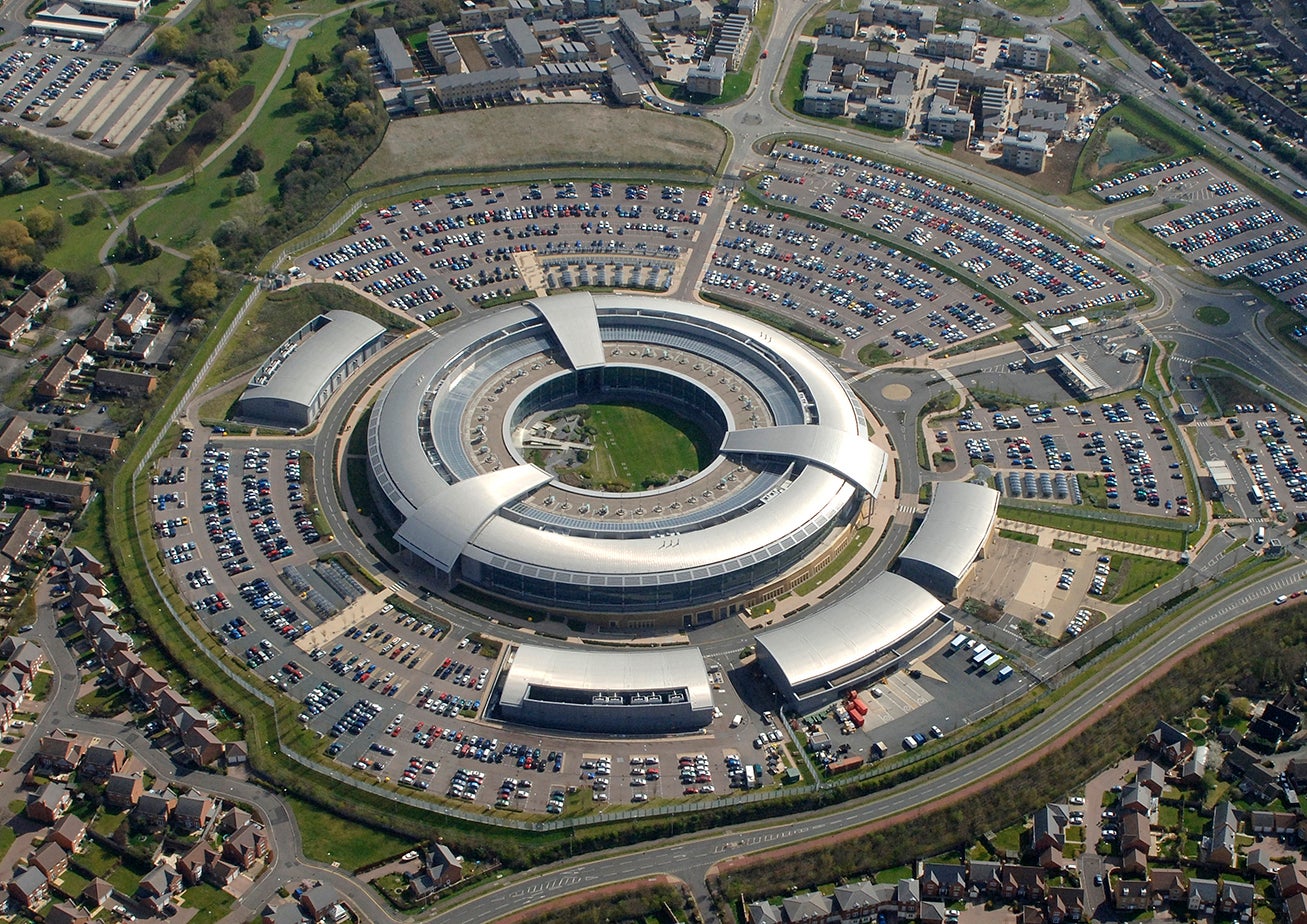Government admits spying on MPs’ emails was unlawful
Green Party politicians demand ‘public confession’ after settlement reached in European Court of Human Rights

The British government has admitted that spying on MPs’ communications by security services was unlawful.
A settlement was reached at the European Court of Human Rights following a seven-year legal battle that was sparked by Edward Snowden’s leaks on global surveillance programmes.
Green Party MP Caroline Lucas and peer Baroness Jenny Jones, who brought the case, called for a “public confession” that the blanket surveillance of parliamentary communications was both wrong and illegal.
In a joint statement, they added: “In an age when trust in parliamentarians risks sinking to new depths, holding those in power to account is more important than ever.
“Parliamentarians must be a trusted source for whistleblowers and those wishing to challenge the actions of the government. This decision is a vindication of our efforts to preserve parliament’s integrity.”
A declaration signed by the government, published on Wednesday, said the UK’s bulk interception practices at the time were “not in accordance with the law … or prescribed by law”.
It admitted that the regime for intercepting, accessing, storing, and transmitting parliamentary communications “did not reflect minimum safeguards” or require judicial oversight prior to decisions about the surveillance of MPs and peers.
The government said a 2015 judgment by the Investigatory Powers Tribunal, which dismissed the complaint by Ms Lucas and Baroness Jones and declared the practices lawful, was wrong.
It said it would pay the applicants’ 5,000 euros (£4,250) costs of as part of the “final resolution of the cases”.
A May 2021 judgement at the European Court of Human Rights found that the UK’s bulk interception regime was not illegal in itself but needed safeguards, including an assessment of proportionality and necessity.
Following a case brought by Big Brother Watch and other privacy groups, the court ruled that bulk interception should be subject to independent authorisation at the outset, supervision and then review afterwards.
Judges found that the UK’s regime at the time was unlawful because it did not meet those standards, and violated the rights to privacy and freedom of expression.
The same laws were violated by the practice for obtaining data from communication service providers, but intelligence from foreign governments was found to be subject to adequate safeguards.
The laws around data interception have since been changed, with requirements of judicial authorisation and prime ministerial approval inserted.






Join our commenting forum
Join thought-provoking conversations, follow other Independent readers and see their replies
Comments